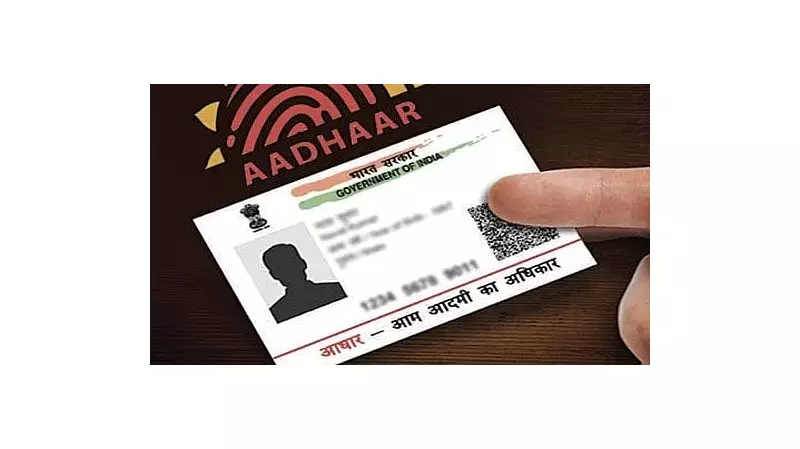
The Election Commission of India has made a significant clarification before the Supreme Court regarding the use of Aadhaar as proof of identity. The constitutional body emphasized that Aadhaar serves exclusively as an identity document and cannot be treated as evidence of Indian citizenship.
EC's Response to Supreme Court
The Election Commission's important statement came in response to an interlocutory application filed by Ashwini Upadhyay. The application sought judicial intervention to prevent the use of Aadhaar as proof of date of birth in Form 6, which is the standard document used for registering new voters in the electoral process.
The EC informed the apex court that clear instructions have already been issued to all concerned authorities regarding the proper use of Aadhaar in voter registration procedures. These guidelines specifically address how Aadhaar should be treated within the framework of election-related documentation.
Background of the Legal Challenge
The legal proceedings emerged from concerns raised about potential misuse of Aadhaar information in the voter registration process. Upadhyay's application highlighted specific worries about whether Aadhaar could be improperly utilized to establish citizenship claims through the back door.
The controversy centers around Form 6, which is the application form for inclusion of names in the electoral roll. This form requires various supporting documents to verify the applicant's identity, age, and residence. The petitioner argued that allowing Aadhaar as proof of date of birth could create legal complications given the document's limited purpose as established by previous Supreme Court rulings.
Clarification on Aadhaar's Legal Status
The Election Commission's response reinforces the established legal position that Aadhaar serves only as proof of identity and residence, not as evidence of citizenship. This distinction has been repeatedly emphasized in various court judgments and government notifications since the inception of the Aadhaar system.
The development dated November 15, 2025 represents another chapter in the ongoing legal interpretation of Aadhaar's role in India's administrative framework. The Election Commission's stance aligns with the Supreme Court's historic 2018 judgment that limited the scope of Aadhaar's application while upholding its constitutional validity for specific purposes.
This clarification comes at a crucial time when voter registration drives are ongoing across various states. The Election Commission's unambiguous position helps prevent potential confusion among both election officials and citizens regarding the documents acceptable for establishing eligibility to vote.





